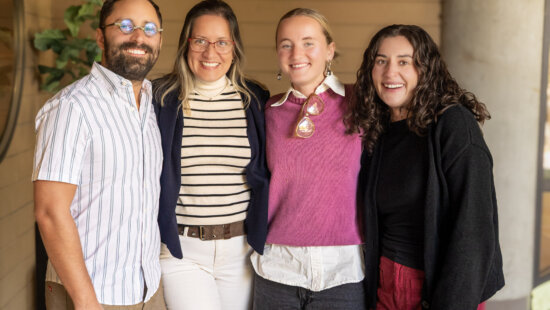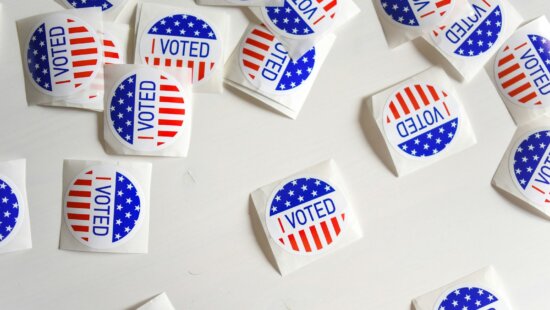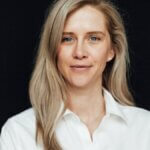NonProfit
Wasatch Immigration Project to host community allyship training at Park City Library
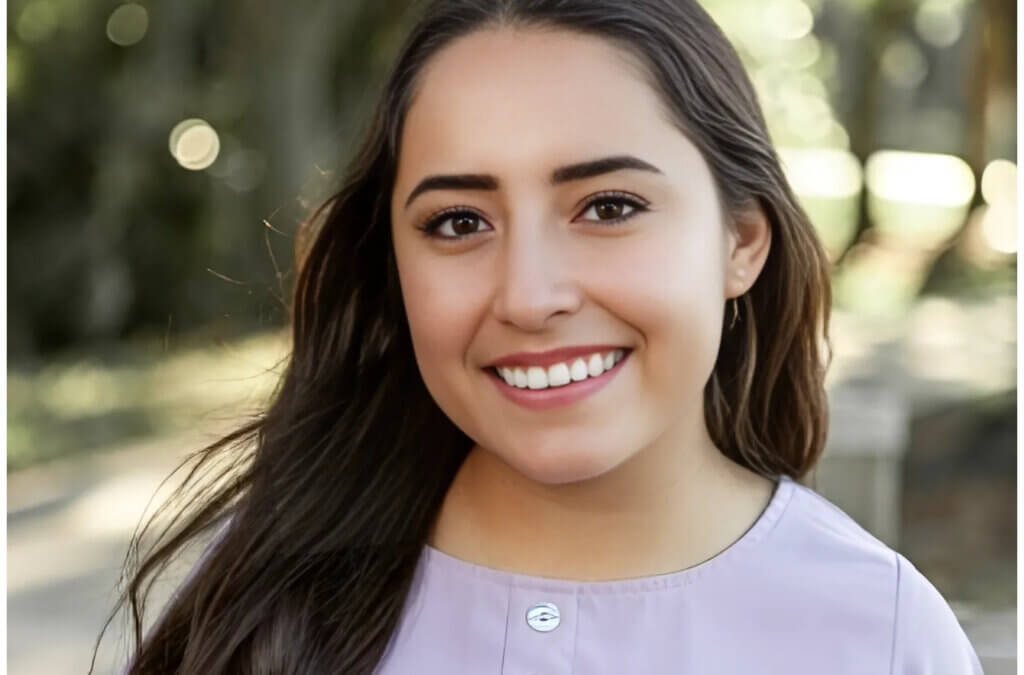
Ketzel Morales, immigration advocate and guest speaker for the Wasatch Immigration Project’s “How to Be a Supportive Ally to Immigrants” presentation on Aug. 27 at the Park City Library. Photo: Ketzel Morales
PARK CITY, Utah — The Wasatch Immigration Project will host a free community presentation on how to be a supportive ally to immigrants on Aug. 27 from 6 to 7:30 p.m. at the Park City Library.
The event will be led by community advocate Ketzel Morales, who will share practical tools, key terms, and insights into how to be a supportive ally to immigrants. While the training will not provide legal advice, it will focus on advocacy skills and everyday actions residents can take to support immigrant neighbors.
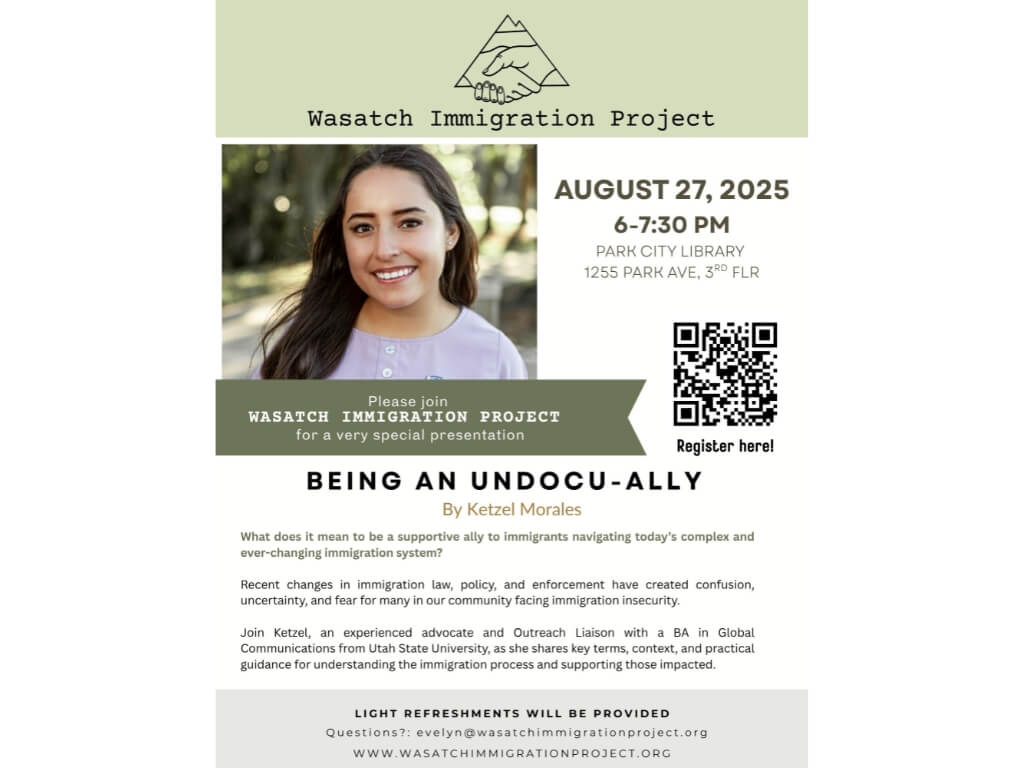
Morales, a Park City High School alum, said her passion for advocacy began in high school through Latinos in Action, a leadership program that allowed her to mentor younger students. “Once upon a time, I was also learning how to speak English,” Morales said. “Being a language learner shaped the way I viewed helping others.”
She later studied at Utah State University, where she interned at the Inclusion Center. “There was a need for ally education in our school,” she said. “A lot of our faculty members and staff didn’t even know how best to support students with different statuses.”
For those attending the Park City event, Morales emphasized that allyship begins with small, mindful actions rather than sweeping gestures.
“You don’t have to do something big and flashy,” she said. “Start small. Read books that talk about the experiences of other people, listen to podcasts, and, more than anything, listen. Don’t just make assumptions. Listen to how the communities you’re supporting need help.”
She added that treating immigrants as individuals, beyond their economic contributions, is critical. “Right now, the dialogue is often about how immigrants are hard workers or that they pay taxes,” Morales said. “But it’s beyond that. Seeing all people as humans is one of the first steps.”
When asked what a truly inclusive community for immigrants in the Wasatch Back would look like, Morales said it would mean moving past assumptions based on names or appearance and committing to continued learning. “An inclusive community would be a strong support system, where people are constantly seeking opportunities to increase their competency and advocacy,” she said. “Supporting the different nonprofits that are already doing the work is one step. Being a resource to the people who are part of our community and those close to them is another.”
The event is free and open to the public. Registration is available through the Wasatch Immigration Project.
















